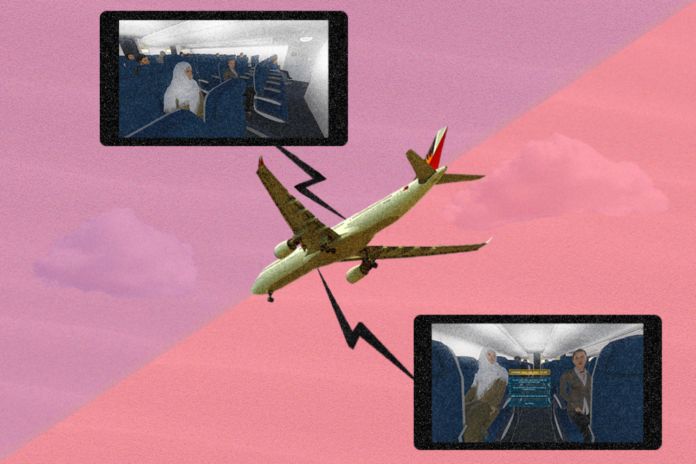Introduction to Empathy and Understanding
Have you ever been advised to “walk a mile in someone else’s shoes?” Considering another person’s perspective can be a challenging endeavor — but recognizing our errors and biases is key to building understanding across communities. By challenging our preconceptions, we confront prejudice, such as racism and xenophobia, and potentially develop a more inclusive perspective about others.
The Concept of "On the Plane"
To assist with perspective-taking, MIT researchers have developed “On the Plane,” a virtual reality role-playing game (VR RPG) that simulates discrimination. In this case, the game portrays xenophobia directed against a Malaysian American woman, but the approach can be generalized. Situated on an airplane, players can take on the role of characters from different backgrounds, engaging in dialogue with others while making in-game choices to a series of prompts. In turn, players’ decisions control the outcome of a tense conversation between the characters about cultural differences.
Understanding the Game’s Mechanics
As a VR RPG, “On the Plane” encourages players to take on new roles that may be outside of their personal experiences in the first person, allowing them to confront in-group/out-group bias by incorporating new perspectives into their understanding of different cultures. Players engage with three characters: Sarah, a first-generation Muslim American of Malaysian ancestry who wears a hijab; Marianne, a white woman from the Midwest with little exposure to other cultures and customs; or a flight attendant. Sarah represents the out group, Marianne is a member of the in group, and the flight staffer is a bystander witnessing an exchange between the two passengers.
The Technology Behind the Game
The simulation utilizes an interactive narrative engine that creates several options for responses to in-game interactions based on a model of how people are categorized socially. The tool grants players a chance to alter their standing in the simulation through their reply choices to each prompt, affecting their affinity toward the other two characters. For example, if you play as the flight attendant, you can react to Marianne’s xenophobic expressions and attitudes toward Sarah, changing your affinities. The engine will then provide you with a different set of narrative events based on your changes in standing with others.
The Impact of the Game
The researchers’ latest project is part of the MIT IDSS’s Initiative on Combatting Systemic Racism (ICSR). Harrell is on the initiative’s steering committee and is the leader of the newly forming Antiracism, Games, and Immersive Media vertical, who study behavior, cognition, social phenomena, and computational systems related to race and racism in video games and immersive experiences. The game also takes a novel approach to analyzing hardwired bias by utilizing VR instead of field experiments to simulate prejudice.
Conclusion
In conclusion, "On the Plane" is a groundbreaking virtual reality role-playing game that simulates discrimination and encourages players to take on new roles, confronting in-group/out-group bias and incorporating new perspectives into their understanding of different cultures. By using VR to simulate prejudice, the game provides a unique and immersive experience that can help players develop empathy and understanding for others. The game’s technology and mechanics make it an effective tool for combating systemic racism and other forms of discrimination, and its impact has the potential to be significant in promoting inclusivity and respect for diversity.

